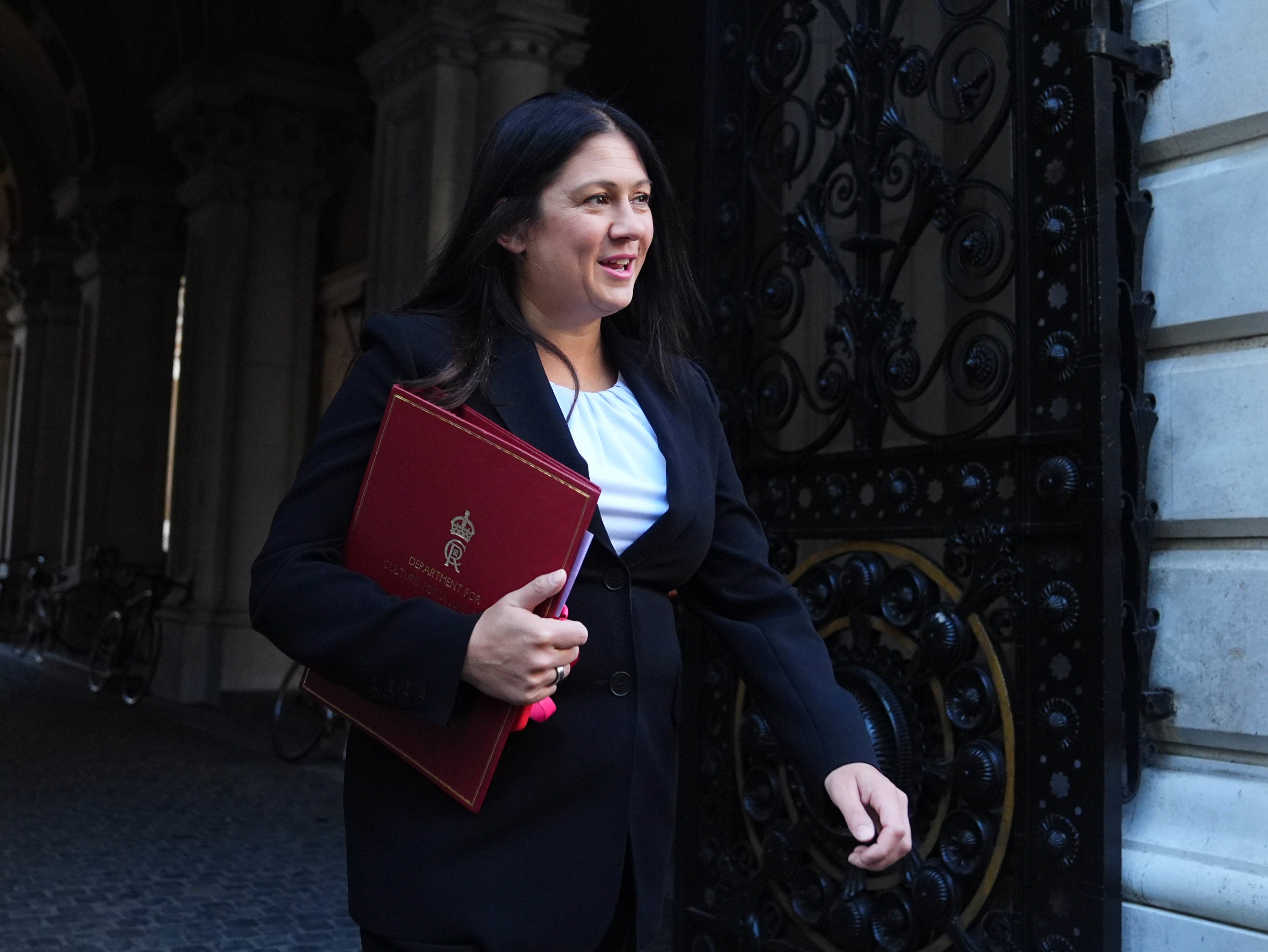One of the prime minister’s closest political allies has suggested Labour’s controversial digital ID cards could be extended to become the “bedrock of the modern state”.
Darren Jones, the newly appointed chief secretary to the prime minister, said in the future they could be used for “really quite exciting public service reform”, but failed to give details on what that might include.
His comments will spark fears that the so-called “Brit card” would be used for more than just the right to work and rented accommodation as part of a crackdown on illegal migration, as ministers have suggested.
Lord Frost, a former Tory cabinet minister, said Mr Jones’s remarks were “why so many of us are worried by digital ID”, as a petition against digital ID attracted more than a million signatures.
Sir Keir Starmer faces intense pressure over public services and rising welfare costs, after his own MPs blocked his plan earlier this year to slash £5bn from the social security budget.

In an attempt to play down the impact of the card, the culture secretary, Lisa Nandy, insisted on Friday that the plan to introduce digital ID did not mean everyone would have to carry it with them and that it would be “entirely their choice” whether people use it. A new digital ID would be authoritative proof of identity and residency status in the UK, and include name, date of birth and a photo, as well as nationality and residency status.
But Mr Jones told the Global Progress Action summit in London, where Sir Keir earlier announced that digital ID would be in use by 2029, that he would be coordinating the system, which he sees as one of Labour’s key policies, from the Cabinet Office.
He said: “If we get this digital ID system working and the public being with us, that will be the bedrock of the modern state and will allow for really quite exciting public service reform in the future.”
The plan, which would require an act of parliament to implement, follows mounting pressure on ministers to take more drastic action to tackle migration as small boat crossings reach a record high and as the asylum applications backlog remains above 75,000 – pressure exacerbated by the success of Reform UK in the polls.
It comes after a new seat-by-seat poll from YouGov put Nigel Farage on track to become Britain’s next prime minister, showing Reform is close to having enough support to form a majority government if an election were held today.

Speaking to BBC Breakfast on Friday, Ms Nandy said digital ID cards, which would be compulsory for anyone wanting to work in the UK, would make a “significant dent” in the number of people who can work illegally because current documents can be too easily falsified.
Referring to debates over identity cards that go back to when Sir Tony Blair was prime minister between 1997 and 2007, she said it was important “that we protect people’s civil liberties, and we have got no intention of pursuing a dystopian mess.
“But I do think for most people, this is a fairly common-sense and practical measure. And, like I said, although all UK citizens will have a digital ID, it will not be mandatory for people to use it. It will be entirely their choice.”
Ms Nandy added that the government was not putting a “precise figure” on the cost of rolling out the scheme because a consultation would seek to determine how it would work for older people, the homeless, people with disabilities and those without smartphones.
Ministers hope the proposed IDs would support efforts to reduce illegal immigration by curbing the ability of those who come to the UK illegally to earn money. But doubts have been cast on how effective they would be in preventing people from working illegally.

Reform UK has called the plans a “cynical ploy” designed to “fool” voters into thinking something is being done about immigration, while Tory leader Kemi Badenoch dismissed the plans as a “gimmick that will do nothing to stop the boats”.
The Liberal Democrats said they would fight “tooth and nail” against the “nonsensical” plan, and Amnesty International said the move was a “dangerous overreaction by the government that puts the rights of all people in the UK at risk”.
Javier Ruiz Diaz, from the charity, said: “Requiring all adults to have an ID card risks excluding vulnerable members of society, including those who are less digitally literate. There is also the risk to people’s safety through computer systems errors and falling prey to identity theft.“
“Instead of clamping down on our civil liberties, the government should focus on establishing a fair and efficient immigration system, including granting asylum claims to people fleeing conflict and persecution as quickly as is reasonably possible.”




.jpg?trim=0,0,0,0&width=1200&height=800&crop=1200:800)